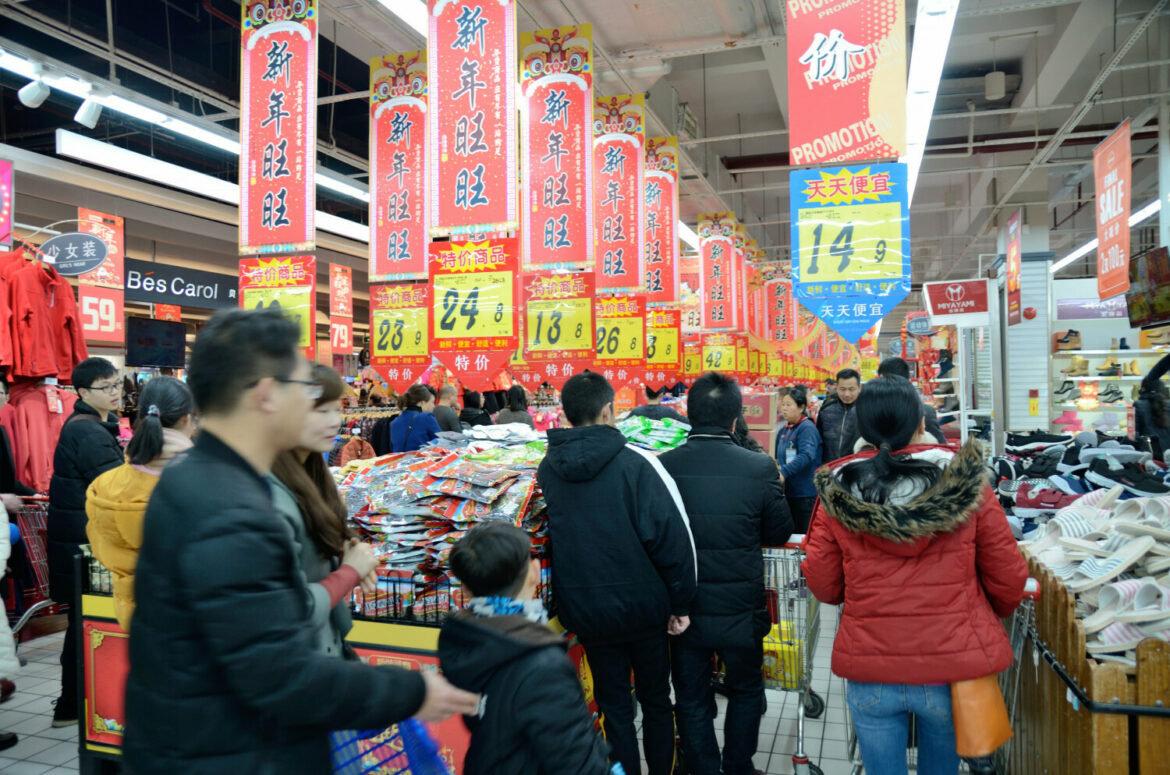China has the most billionaires in the world and almost American level of inequality. Today, it is explained by the enormous and uncontrolled expansion of capital, and the remedy for it is the strategy of “universal welfare”, which for now will have to be postponed for better times.
Western capitalism is often the target of criticism in China, where it is portrayed as a system of making profits by privileged social groups and the exploitation of workers, leading to a widening wealth gap in society.
Beijing’s recent solutions focus on promoting fairness and honesty. In the slogan “Universal Prosperity”, the Chinese Communist Party mixed Marxism with traditional Chinese culture.
In practice, “universal welfare” is a variety of regulations targeting wealthy entrepreneurs and their companies (e.g. Jack Ma) and entities (including natural persons, e.g. celebrities) that do not contribute to building a socialist society. The tech and financial industries, data platforms, the entertainment industry, and private tutoring have become major targets. The luxury goods and real estate market will also suffer from that concept.
The mere prospect of introducing regulations related to “universal welfare” caused more than one trillion dollars to evaporate from Chinese companies. Ultimately, Beijing had to secure the private sector with reassurances that future regulation would be transparent and predictable. Authorities say the strategy does not mean plundering the rich to give to the poor, and the restrictions are expected to relate mainly to capital irregularities.
The introduction of “universal welfare” will probably have to be postponed. Currently, China is struggling with many serious problems, including a recurring pandemic or the risk of an economic slowdown. These factors, along with the uncertain world situation and the strained supply chains, will rather force Xi Jinping to stop introducing controversial regulations. Plans to extend a new property tax that could finance welfare programs have been postponed. The tax was met with opposition from elites and policymakers who feared that the value of their properties would significantly fall. Beijing’s priority now will be social and economic stability, but the topic of inequality will return, presumably after achieving the next tenure by Xi Jingpin.
Ewa Cieślik, Assistant Professor at the University of Economics in Poznań; expert in the Chinese financial market. order





